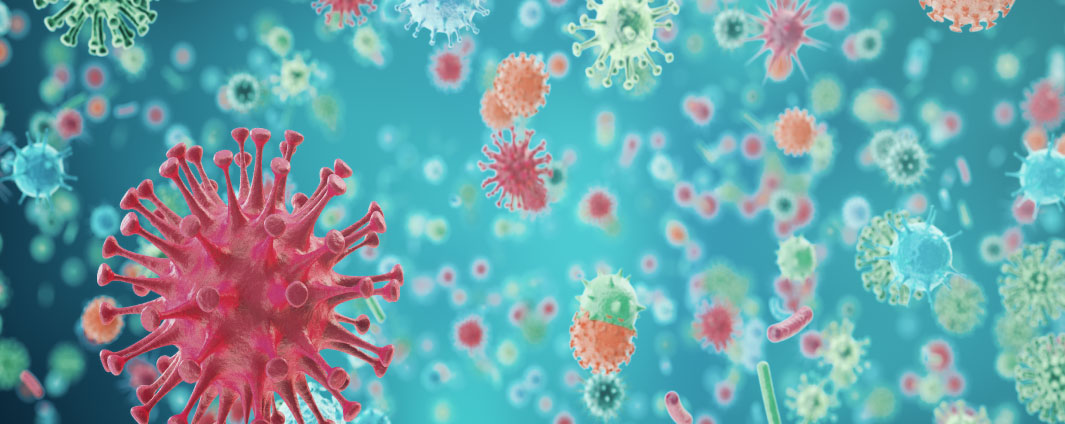
Download Syphilis fact sheet (PDF)
For more information:
- PEP, PrEP, HIV/STI: http://www.thesexyouwant.ca/
- STBBI testing, birth control: www.sexandu.ca
Call the Sexual Health Infoline Ontario at 1-800-668-2437 if you have questions or need help
Sexual Health Clinic
179 Clarence St,
Ottawa. ON K1N5P7
613-234-4641 | TTY: 613-580-9656
Contact Us
Ottawa Public Health
100 Constellation Drive,
Ottawa, ON K2G 6J8
T 613-580-6744
YYT 613-580-9656
Toll free 1-866-426-8885
F 613-580-9660
Email: Email Ottawa Public Health




